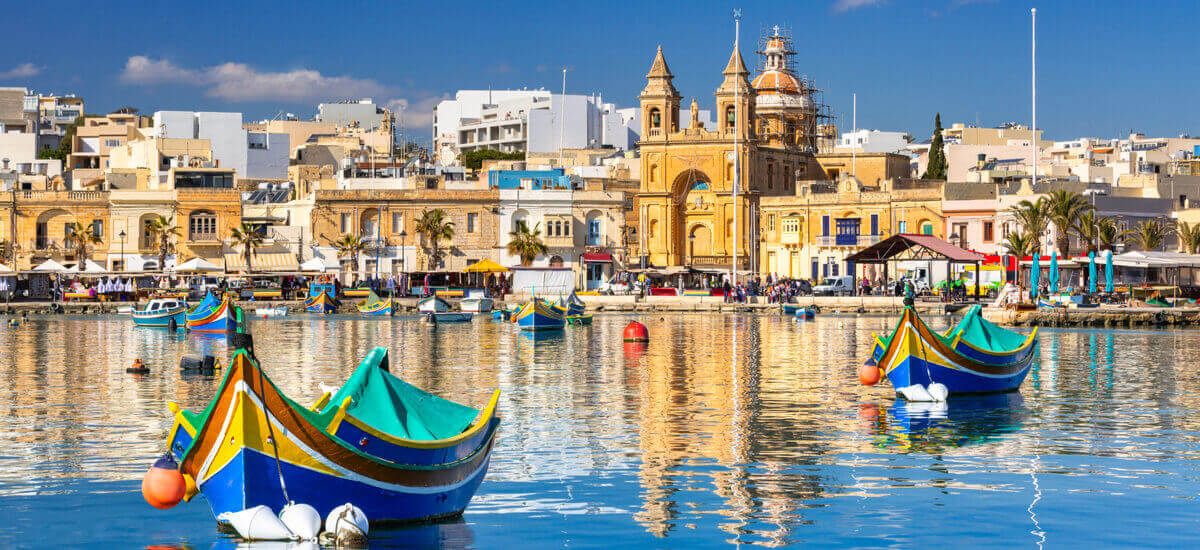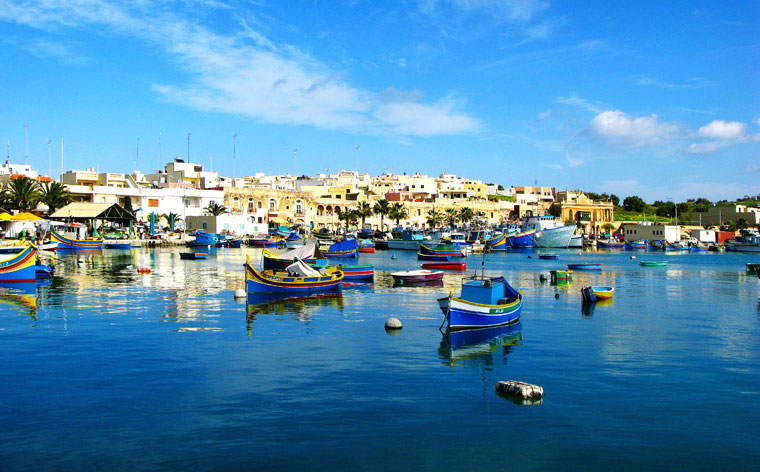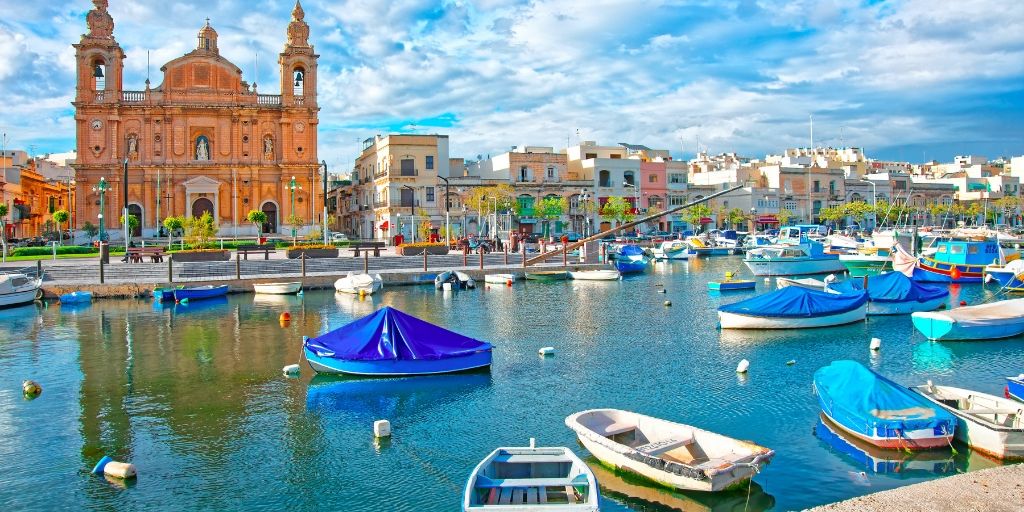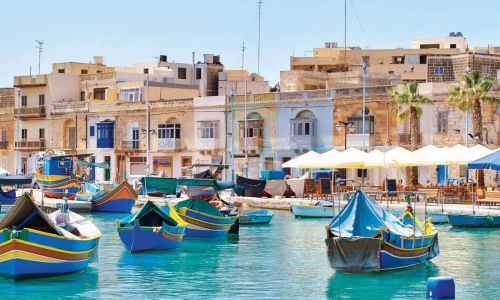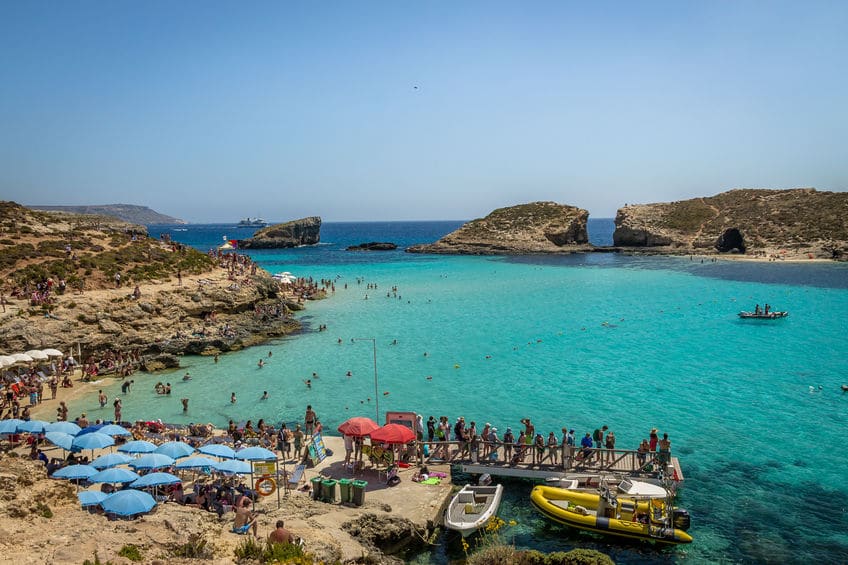Introduction
Situated strategically at the heart of the Mediterranean Sea, Malta is a microcosm of diverse cultural experiences.
Despite its compact size, Malta serves as a cultural gateway to Europe, Africa, and the Middle East. A single journey to this small island nation opens doors to explore three distinct cultural spheres.
Known for its breathtaking beaches, a rich tapestry of history, and hospitable locals, Malta’s geographic significance has created an intriguing blend of cultural influences over time.
Key Points:
Malta’s Prime Geographic Position
Historical Role of Malta
Cultural Mosaic of Malta
Malta’s Natural Scenery
Malta’s Prime Geographic Position
One of the main elements that sets Malta apart as a travel destination is its significant geographic location. Nestled in the middle of the Mediterranean Sea, Malta lies between Italy and the North African coast. Interestingly, its proximity to Africa surpasses that to Europe, fostering a vibrant amalgamation of both cultures. Moreover, Malta is just a short flight away from renowned European destinations such as London and Paris, making it a perfect kick-off point for a broader European expedition.
Historical Role of Malta
Malta’s history, a narrative spanning over 7,000 years, is marked by the rule of various global powers including the Phoenicians, Romans, Arabs, and the Knights of St. John.
The island’s crucial geographic position brought it to the forefront of numerous historical events, notably World War II.
Despite enduring heavy bombardment during the war, the extraordinary resilience of the Maltese people and the gallantry of the Allied forces emerged as a triumphant testament to human spirit.
Cultural Mosaic of Malta
As a junction of Europe, Africa, and the Middle East, Malta boasts a unique cultural collage. The Maltese language is a living example of this diverse heritage, with influences from Arabic, Latin, and Italian.
This amalgamation is reflected in the island’s distinctive architecture, cuisine, and traditional festivities.
Renowned for their hospitality, the Maltese people offer an opportunity to experience this rich cultural blend firsthand, particularly during a traditional Maltese feast.
Malta’s Natural Scenery
Malta’s captivating natural landscape is another of its unique appeals. With its towering cliffs, pristine beaches, and translucent waters, it provides an ideal setting for aquatic activities such as swimming, snorkeling, and diving.
The island is also home to several historical and cultural landmarks, including UNESCO World Heritage sites like the capital city of Valletta, and the ancient temples of Hagar Qim and Mnajdra.
Conclusion:
In essence, Malta is a travel destination like no other, offering a unique blend of history, culture, and natural beauty.
Its Mediterranean location allows travelers to explore the diversity of three continents in a single trip.
With its rich historical narrative, cultural fusion, and stunning natural landscapes, Malta stands as a must-visit destination for any discerning traveler.





